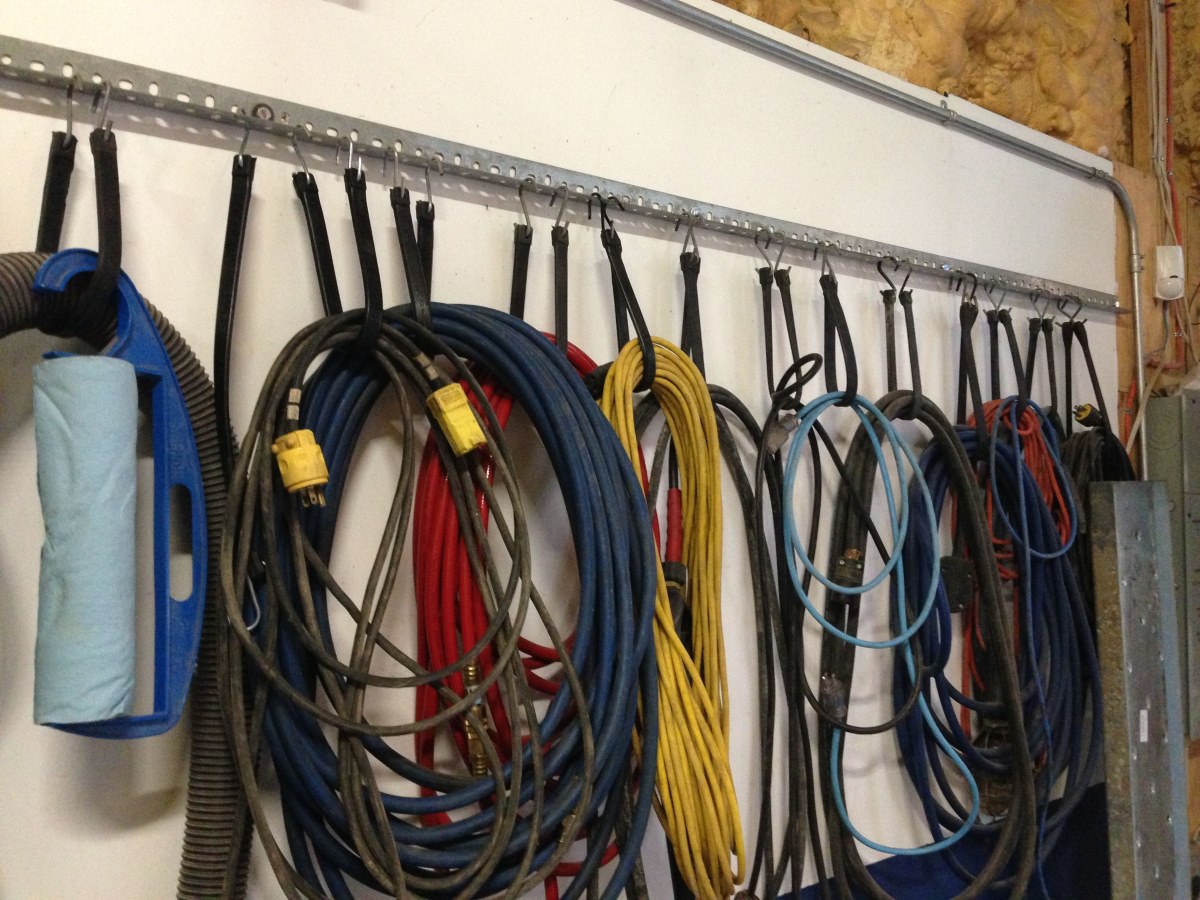

Articles
How To Store Extension Cords In Garage
Modified: May 6, 2024
Learn the best way to store extension cords in your garage with these helpful articles. Maximize space and prevent tangling with these storage tips.
(Many of the links in this article redirect to a specific reviewed product. Your purchase of these products through affiliate links helps to generate commission for Storables.com, at no extra cost. Learn more)
Introduction
Extension cords are incredibly useful tools that enable us to bring power to areas where electrical outlets are not easily accessible. Whether you’re working on a project in your garage, hosting an outdoor event, or simply need to power multiple devices in one area, extension cords provide the flexibility we need. However, if not properly stored, they can quickly become a tangled mess, posing a safety hazard and making them difficult to use when needed.
In this article, we will discuss the importance of properly storing extension cords, explore different types of extension cords, and provide a step-by-step guide on how to store them in the garage. We will also share tips for keeping them tangle-free and highlight common mistakes to avoid when storing your extension cords.
By following the tips and guidelines outlined in this article, you’ll be able to organize and store your extension cords effectively, saving time and effort in the long run. Let’s dive in!
Key Takeaways:
- Properly storing extension cords is crucial for safety, lifespan, and accessibility. Choose the right type, consider environmental factors, and follow a step-by-step guide to keep cords organized and tangle-free.
- Avoid common mistakes like skipping untangling, coiling too tightly, and ignoring safety hazards. Implement tips for tangle-free storage and ensure regular inspection to maintain cord functionality and safety.
Read more: How To Store An Electrical Cord
Importance of Properly Storing Extension Cords
Properly storing your extension cords is more than just a matter of tidiness; it’s a safety precaution that can prevent accidents and extend the lifespan of your cords. Here are a few reasons why it’s important to store your extension cords properly:
1. Safety: Tangled cords can be a tripping hazard, especially if they are strewn across the floor or hanging haphazardly. This can lead to falls and injuries. Additionally, if extension cords are not properly stored and protected, they can become damaged, exposing the wires and increasing the risk of electrical shock or fire.
2. Prolonged Lifespan: Storing your extension cords correctly can help protect them from unnecessary wear and tear. When cords are tangled, they can become kinked or twisted, which can damage the insulation and wires inside. By keeping them neatly coiled and stored in a safe location, you can help extend the life of your extension cords.
3. Easy Accessibility: Properly storing your extension cords ensures that they are readily accessible when you need them. Tangled cords not only require time and effort to untangle, but they can also cause frustration and delay your projects. Having neatly coiled cords in a designated storage area will save you time and make it easier to find the cord you need.
4. Preventing Damage to Other Items: When extension cords are left exposed and tangled, they can easily become entangled with other objects in your garage, such as tools or equipment. This can cause damage to both the cords and the items they are tangled with. By storing your extension cords properly, you can protect them from being damaged and also prevent damage to other valuable items in your garage.
5. Organizational Benefits: Having a dedicated storage system for your extension cords not only keeps them tidy, but also helps in overall organization. When your cords are neatly stored, it’s easier to keep track of them and avoid misplacing them. It also helps in distinguishing between different types and lengths of cords, making it more efficient when you need a specific cord for a particular job.
By understanding the importance of properly storing your extension cords, you can mitigate safety risks, prolong the lifespan of your cords, and ensure easy accessibility when you need them. Now, let’s explore the different types of extension cords available in the market.
Different Types of Extension Cords
Extension cords come in various types and sizes, each designed for specific purposes or environments. Understanding the different types can help you choose the right extension cord for your needs. Here are some common types of extension cords:
1. Indoor Extension Cords: These cords are designed for indoor use and typically have a lower amp rating compared to outdoor cords. They are suitable for powering electronics, lights, and small appliances within your home or office. Indoor cords often have a two-prong plug and may come in various lengths to accommodate different areas.
2. Outdoor Extension Cords: Outdoor extension cords are built to withstand the elements and are suitable for powering tools, outdoor lights, and other equipment in your yard or construction site. They are typically weather-resistant and have a higher amp rating to handle heavier loads. Outdoor cords often feature thicker insulation and grounding plugs for added safety.
3. Heavy-Duty Extension Cords: If you need to power heavy-duty tools or equipment, such as air compressors or high-powered construction tools, a heavy-duty extension cord is necessary. These cords have a higher amp rating and thicker gauge wires to handle the increased electrical load.
4. Extension Cord Reels: Extension cord reels are a convenient way to store and transport your cords. They often come with a built-in handle for easy carrying and a mechanism for winding and unwinding the cord. Cord reels help prevent tangling and make it more efficient to use and store your extension cords.
5. Specialty Extension Cords: There are also specialty extension cords designed for specific purposes. Some examples include surge-protected extension cords that provide additional protection against power surges, retractable extension cords that automatically retract into a compact unit, and flat extension cords that are designed to be inconspicuous when laid flat against the floor or wall.
When choosing an extension cord, consider the intended use, the length you require, and the power requirements of the devices or tools you plan to connect. It’s important to select a cord that can handle the wattage and voltage required without overloading the cord. Using the wrong type or inadequate extension cord can lead to overheating, damage, or even pose a safety risk.
Now that we have explored the different types of extension cords available, let’s dive into the factors you should consider before storing your extension cords in the garage.
Factors to Consider Before Storing Extension Cords in the Garage
Your garage can be a convenient place to store your extension cords, but there are a few factors to consider before finding the ideal storage solution. Taking these into account will help ensure that your cords remain safe, protected, and in good working condition. Here are some important factors to consider:
1. Environmental Conditions: Garages can be subject to extreme temperature fluctuations and humidity levels. It’s important to choose a storage location that is dry and protected from excessive heat or cold. Moisture and extreme temperatures can damage the cord’s insulation and degrade the conductive wires, compromising its safety and performance.
2. Space Availability: Evaluate the available space in your garage and determine an appropriate storage area for your extension cords. Consider the length and quantity of your cords and ensure that you have ample space to coil and store them without tangling or obstructing other items.
3. Accessibility: Choose a storage location that is easily accessible when you need to retrieve or store your extension cords. It should be within reach and not buried behind other items or obstructed by clutter. This will save you time and effort when you need to use the cords.
4. Protection: Properly store your extension cords to protect them from potential damage. Avoid storing them near sharp tools or objects that could puncture or cut the cord. Additionally, keep them away from potential sources of damage such as chemicals, oils, or solvents.
5. Organization: Consider how you will organize your extension cords in the garage. You may want to label or color-code them to easily identify different lengths or types. Using hooks, cord reels, or storage bins can help keep your cords organized and prevent them from becoming tangled.
6. Safety Considerations: Safety should be a top priority when storing extension cords. Ensure that the storage location is away from potential fire hazards, electrical panels, or heavy machinery. Keep cords away from children and pets to prevent accidental tripping or chewing.
By considering these factors before storing your extension cords in the garage, you can create a safe and organized storage system that protects your cords and makes them easily accessible when you need them. In the following section, we will provide a step-by-step guide on how to store your extension cords in the garage effectively.
Use a cord reel or a storage rack to keep extension cords organized and tangle-free in your garage. This will also help prevent damage to the cords and make them easy to access when needed.
Step-by-Step Guide to Store Extension Cords in the Garage
Properly storing your extension cords in the garage will not only keep them organized but also protect them from damage and make them easily accessible when needed. Follow these step-by-step instructions to store your extension cords effectively:
1. Choose a suitable storage location: Select a dry and protected area in your garage to store your extension cords. This could be a designated shelf, a pegboard, or a wall-mounted hook system. Make sure the location is easily accessible and away from potential hazards.
2. Check for damage: Before storing your extension cords, inspect them for any signs of damage, such as frayed wires or broken plugs. If you notice any issues, repair or replace the cord to ensure safe operation. It’s better to address any damage before storing the cords.
3. Coil the cords: Start by untangling the cord if necessary. Hold one end of the cord in your hand and use your other hand to create loops, keeping the loops around 18-24 inches in diameter. Continue this looping process until you reach the end of the cord.
4. Secure the coiled cord: Once you have fully coiled the cord, use a twist tie, Velcro strap, or a cord reel to secure the coil. This will keep the cord neatly coiled and prevent it from unraveling.
5. Label or color-code: Consider labeling or color-coding your extension cords to easily identify them later. You can use tape, labels, or even colored electrical tape to indicate the length or purpose of each cord. This will save you time when you need to find a specific cord.
6. Hang or store the cords: Depending on the storage location you have chosen, hang your coiled extension cords on hooks or place them in storage bins or containers. If using hooks, make sure they are sturdy and positioned securely to support the weight of the cords.
7. Avoid overloading: Avoid storing too many extension cords together, as this can cause tangling and make it difficult to access a specific cord. If you have a large number of cords, consider using separate bins or storage areas to keep them organized.
8. Maintain organization: Regularly check your storage system to ensure that the cords remain tidy and well-organized. If you notice any tangles or damage, take the time to untangle or repair the cords to maintain their functionality.
By following these step-by-step instructions, you can effectively store your extension cords in the garage, keeping them organized, protected, and easily accessible. In the next section, we will provide you with some tips for keeping your extension cords tangle-free.
Read more: How To Store Extension Cord
Tips for Keeping Extension Cords Tangle-Free
Dealing with tangled extension cords can be frustrating and time-consuming. Fortunately, there are several tips and tricks you can use to keep your extension cords tangle-free and easily manageable. Here are some helpful tips:
1. Use the over-under method: When coiling your extension cords, use the “over-under” method. Start by creating a loop in one hand and then make another loop in the opposite direction. Alternate between looping over and under each time to create a neat coil. This technique prevents the cords from twisting and tangling when you use them.
2. Secure with twist ties or Velcro straps: After coiling your extension cord, use twist ties, Velcro straps, or zip ties to secure the coil. This keeps the cord in place and prevents it from unraveling or getting tangled with other cords.
3. Label or color-code: As mentioned earlier, labeling or color-coding your extension cords can make it easier to identify them when needed. Use colored electrical tape, labels, or tags to indicate different lengths or purposes. This saves you time and helps avoid confusion or accidental tangles.
4. Store cords separately: If you have multiple extension cords, it’s best to store them separately. Stacking or storing cords on top of each other increases the chances of tangling. Use individual storage hooks, reels, or designated compartments in storage bins to keep each cord separate and tangle-free.
5. Avoid sharp bends and kinks: Sharp bends or kinks in your extension cord can lead to tangling and damage. When using your cords, try to avoid creating excessively tight bends. Instead, make gradual curves to maintain the cord’s smooth flow. This will prevent tangles and increase the longevity of your cords.
6. Unplug and untangle after use: Before storing your extension cord, always unplug it from the electrical outlet and untangle it completely. Taking the time to untangle the cord after each use will save you from dealing with knots and tangles the next time you need it.
7. Consider using cord reels: Cord reels are a great investment for keeping your extension cords organized and tangle-free. They provide a convenient way to store and handle your cords, allowing for easy winding and unwinding. Cord reels also protect the cords from damage and keep them neatly contained.
8. Maintain a clean storage area: Keeping your storage area clean and free from debris will help prevent tangles. Regularly sweep or vacuum the area to remove dust, dirt, and small objects that could cause the cords to become entangled.
By implementing these tips, you can effectively prevent your extension cords from tangling and save yourself time and frustration. In the next section, we will highlight some common mistakes to avoid when storing your extension cords.
Common Mistakes to Avoid When Storing Extension Cords
When it comes to storing extension cords, there are several common mistakes that people often make. These mistakes can lead to tangled cords, damage, and even safety hazards. To ensure that your extension cords remain organized and in good condition, avoid these common mistakes:
1. Skipping the untangling step: One of the biggest mistakes is not untangling the cord before storing it. If you don’t take the time to untangle the cord, it will only get worse over time and become more difficult to manage. Always untangle the cord before coiling and storing it.
2. Coiling the cord too tightly: Coiling the extension cord too tightly can put stress on the wires and the insulation, leading to damage or a reduced lifespan. Avoid tightly wrapping the cord around your hand or elbow when coiling it. Instead, use the over-under method and create loose loops to maintain the cord’s integrity.
3. Storing cords while they are still connected to power: Never store an extension cord while it is still plugged into an electrical outlet. This can be a safety hazard and increase the risk of damage to the cord or accidental electrocution. Always remember to unplug the cord before coiling and storing it.
4. Not protecting the ends: The ends of an extension cord, particularly the plugs, are susceptible to damage. Storing the cord without protecting the ends can lead to bent or broken prongs, which can render the cord unusable. Consider using protective caps or wrapping the ends with electrical tape to safeguard them.
5. Not using proper storage equipment: Storing your extension cords in a haphazard manner, such as tossing them on the floor or piling them on top of each other, can result in tangled cords and potential damage. Invest in proper storage equipment such as hooks, cord reels, or storage bins to keep your cords organized and protected.
6. Ignoring safety hazards: Do not store your extension cords near flammable materials, chemicals, or heat sources, as this can pose a fire hazard. Keep cords away from sharp objects or tools that can pierce or cut the insulation. Additionally, make sure the storage location is safely away from children or pets to prevent accidents.
7. Overloading the extension cord: Using an extension cord to power devices or tools that exceed its capacity can lead to overheating and potentially cause a fire. Avoid overloading your extension cord by checking the capacity and using cords rated for the appropriate wattage and amperage.
8. Forgetting to regularly inspect your cords: Extension cords can degrade over time, and damage might not always be visible at first glance. Regularly inspect your cords for any signs of wear and tear, such as frayed wires or cracked insulation. If you notice any damage, replace the cord to ensure safe operation.
By avoiding these common mistakes, you can ensure that your extension cords remain in good condition, tangle-free, and ready for use whenever you need them. In the next section, we will conclude this article with a summary of the key points discussed.
Conclusion
Properly storing extension cords in your garage is crucial for both safety and convenience. By following the right storage techniques, you can ensure that your extension cords remain organized, tangle-free, and in good working condition. A few important takeaways from this article include:
– Storing extension cords properly is not just about tidiness; it is also about safety. Tangled cords can be a tripping hazard and can lead to accidents or damage.
– Extension cords come in different types, including indoor, outdoor, and heavy-duty cords, each designed for specific purposes. Choose the right type of cord based on your needs and environment.
– Before storing your extension cords in the garage, consider factors like environmental conditions, space availability, accessibility, and protection to ensure their longevity and safe usage.
– Follow the step-by-step guide to effectively store extension cords in the garage, including coiling with the over-under method, securing the coil, and organizing and labeling the cords for easy identification.
– Implement tips like using twist ties or Velcro straps, storing cords separately, avoiding sharp bends, and maintaining a clean storage area to keep your extension cords tangle-free.
– Lastly, be aware of common mistakes to avoid when storing extension cords, such as skipping the untangling step, coiling the cord too tightly, ignoring safety hazards, or overloading the cord.
By incorporating these practices into your routine, you can ensure that your extension cords are well-maintained and readily available when needed. Proper storage not only increases their lifespan but also minimizes the risks associated with tangled or damaged cords.
Remember, safety should always be a priority. Regularly inspect your cords for any signs of damage and replace them if needed. With proper storage and care, your extension cords will be valuable tools that provide the power and flexibility you require for various tasks.
Stay organized and keep your extension cords in top-notch condition, allowing you to tackle projects with ease and peace of mind.
Ready to further enhance your garage's functionality? Dive into our comprehensive guide on garage organization for clever and creative solutions that will transform your space. Plus, don't miss out on the latest innovations in cord storage, ensuring your tools and gadgets are neatly arranged for easy access. Both guides offer practical advice that's easy to implement, so why not give your garage a makeover today?
Frequently Asked Questions about How To Store Extension Cords In Garage
Was this page helpful?
At Storables.com, we guarantee accurate and reliable information. Our content, validated by Expert Board Contributors, is crafted following stringent Editorial Policies. We're committed to providing you with well-researched, expert-backed insights for all your informational needs.
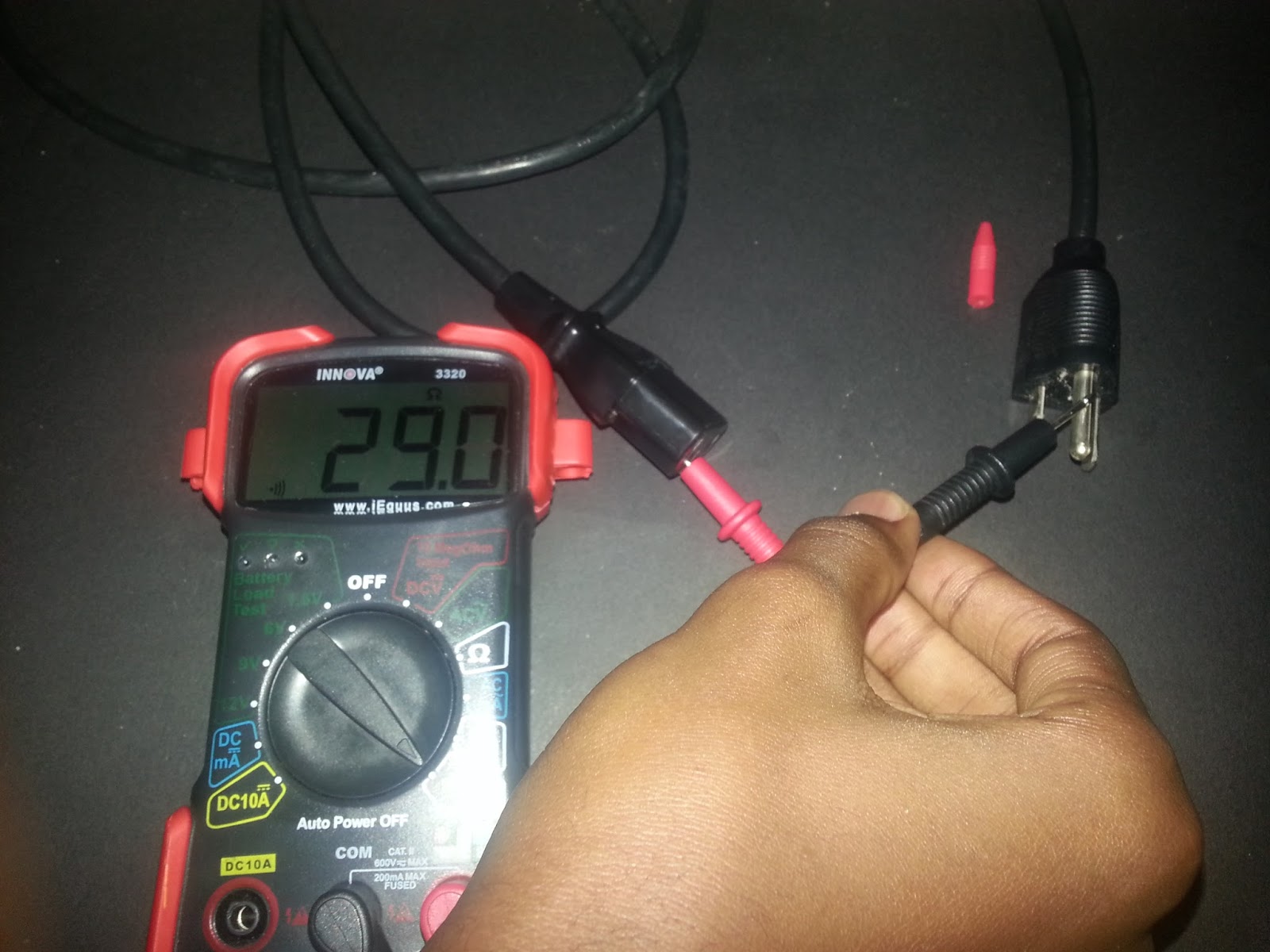
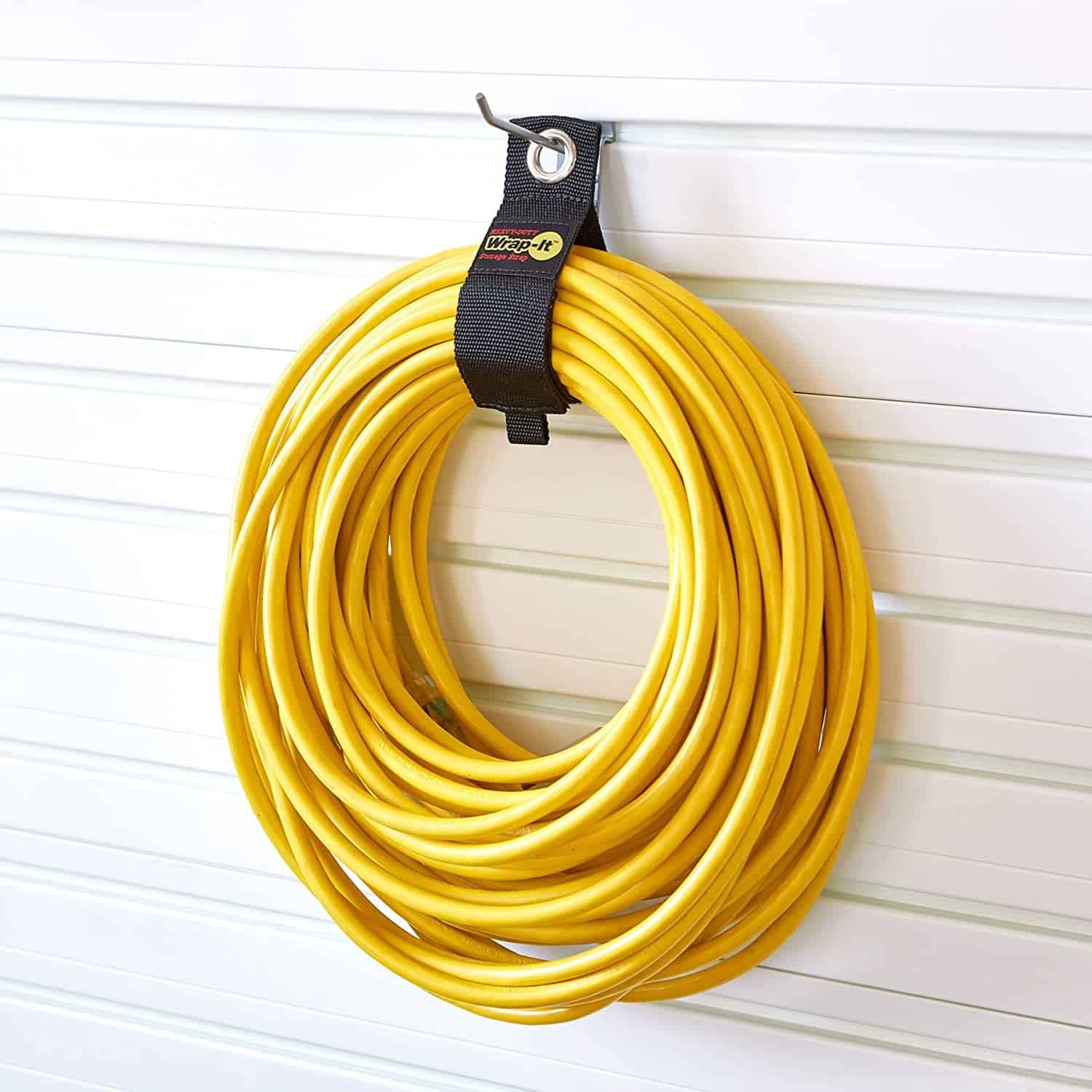
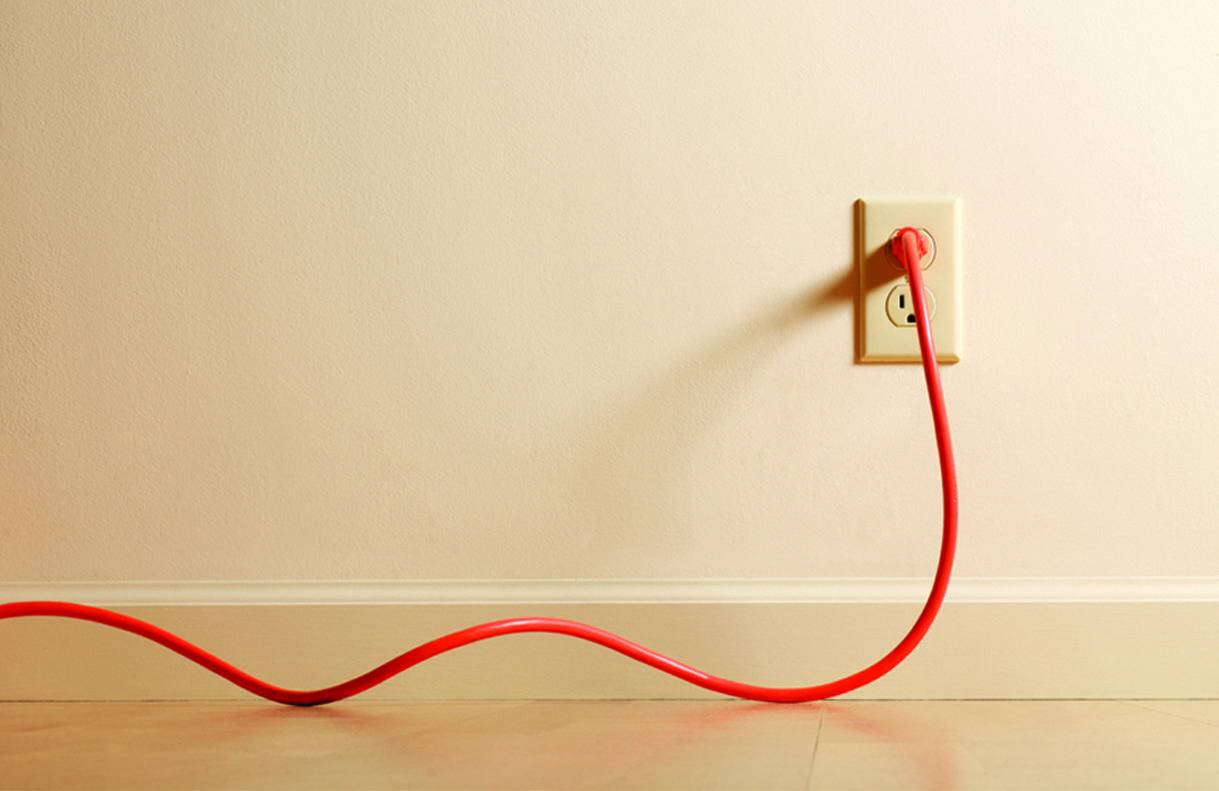
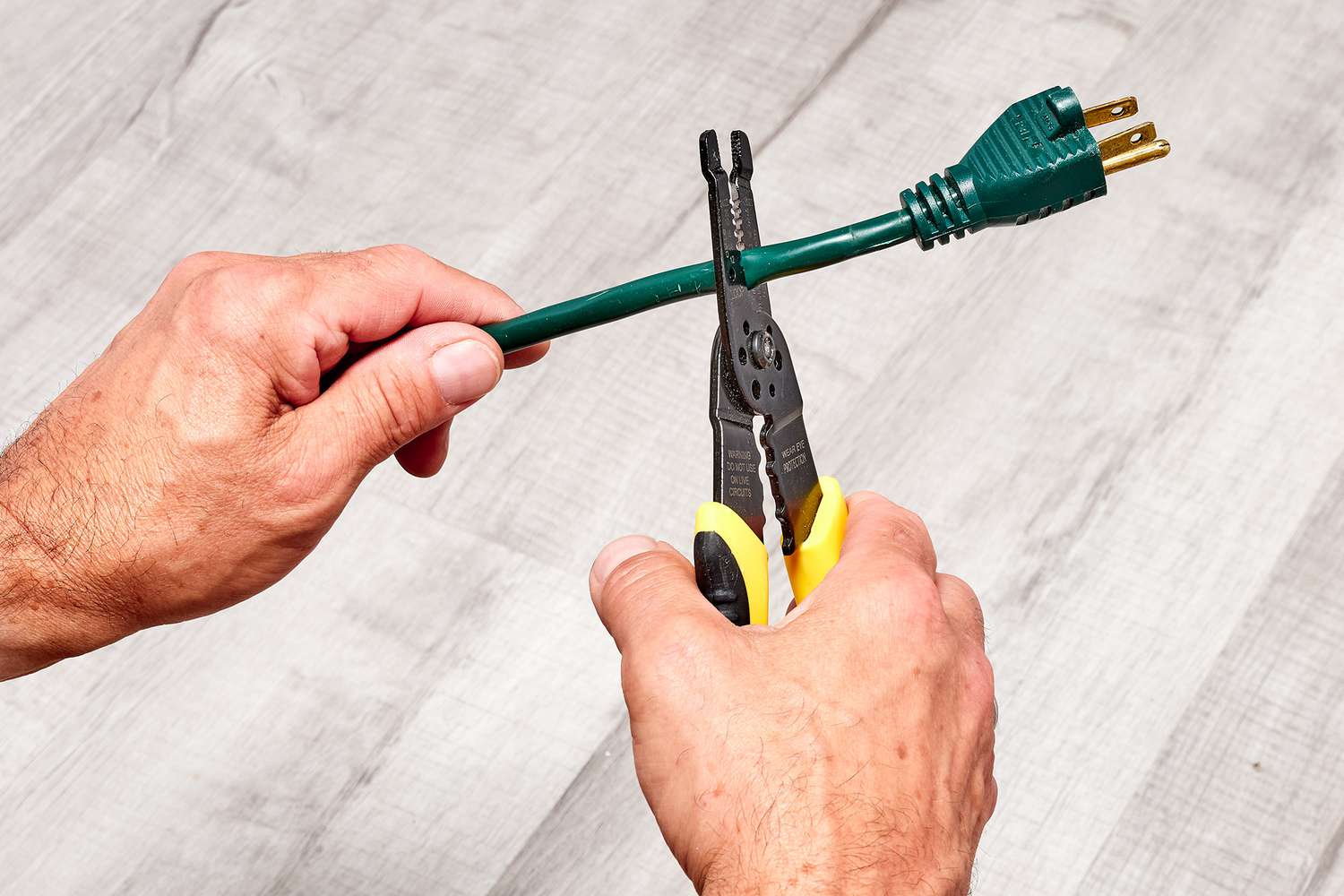
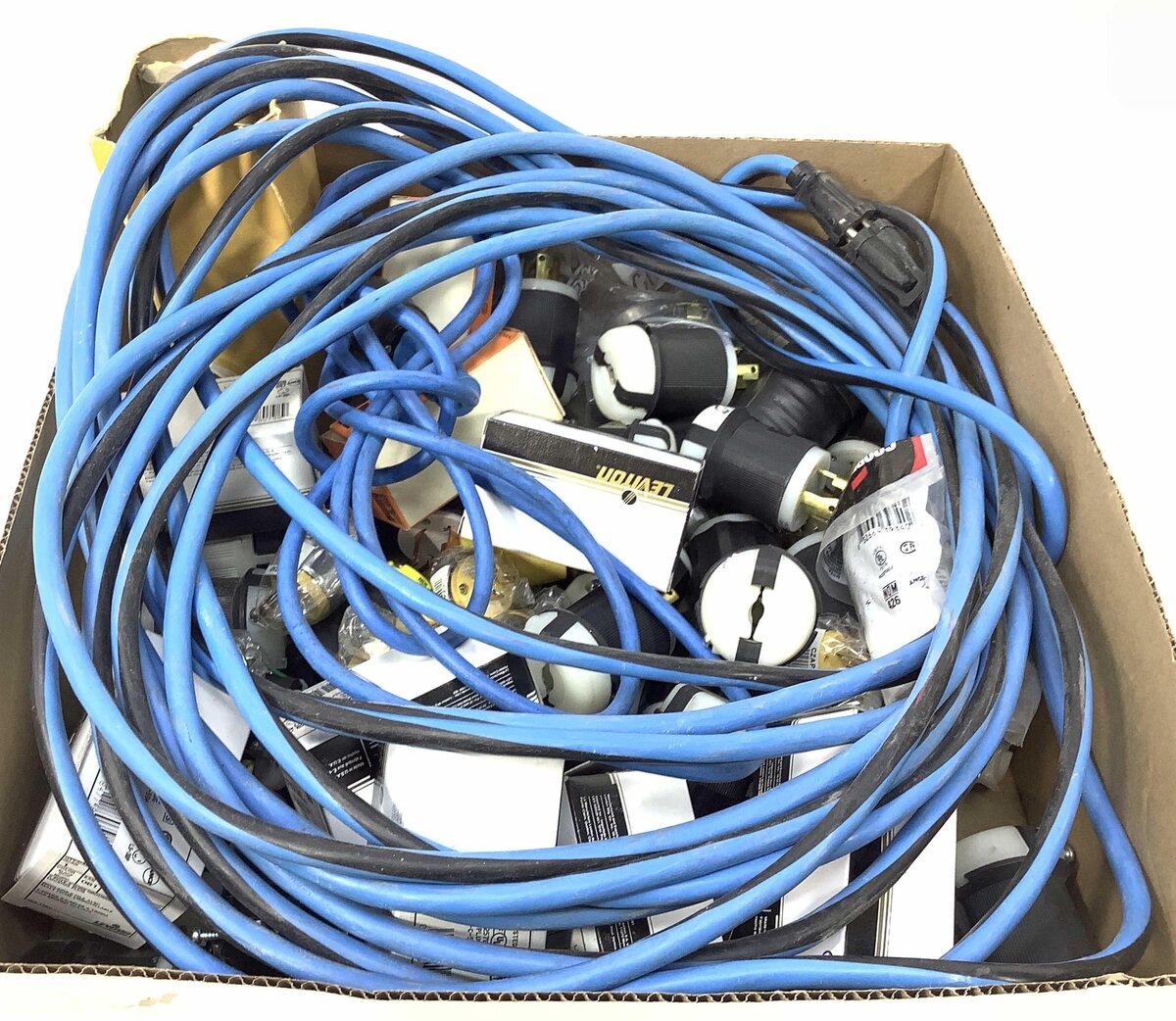
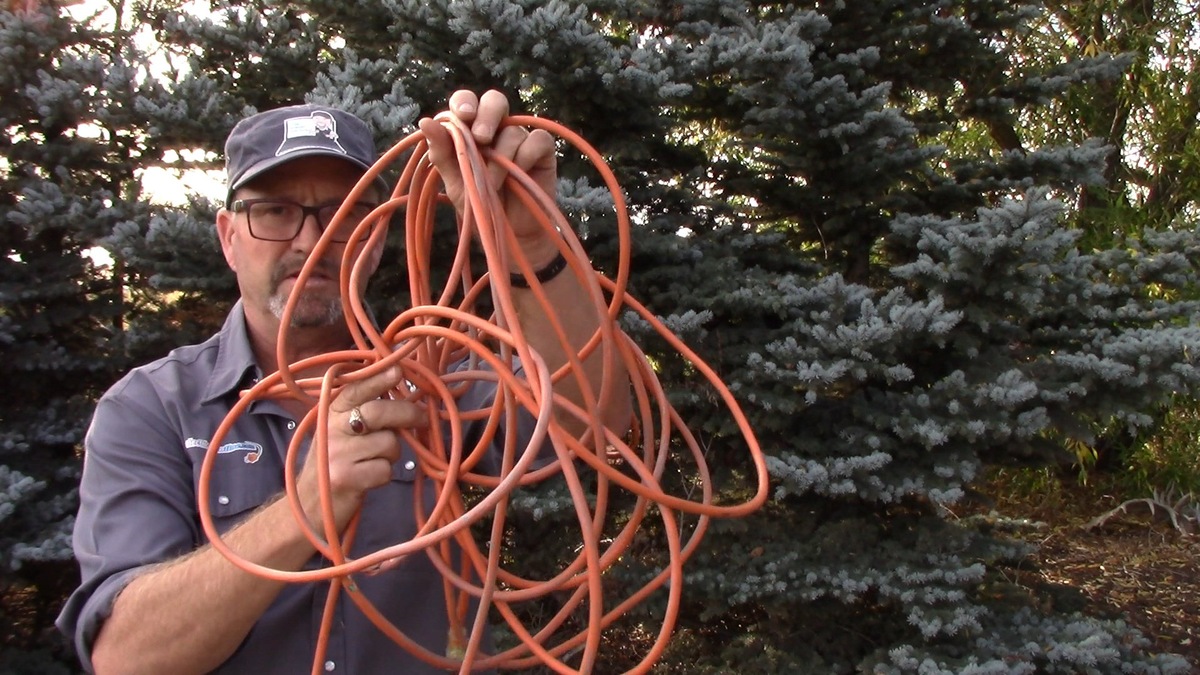
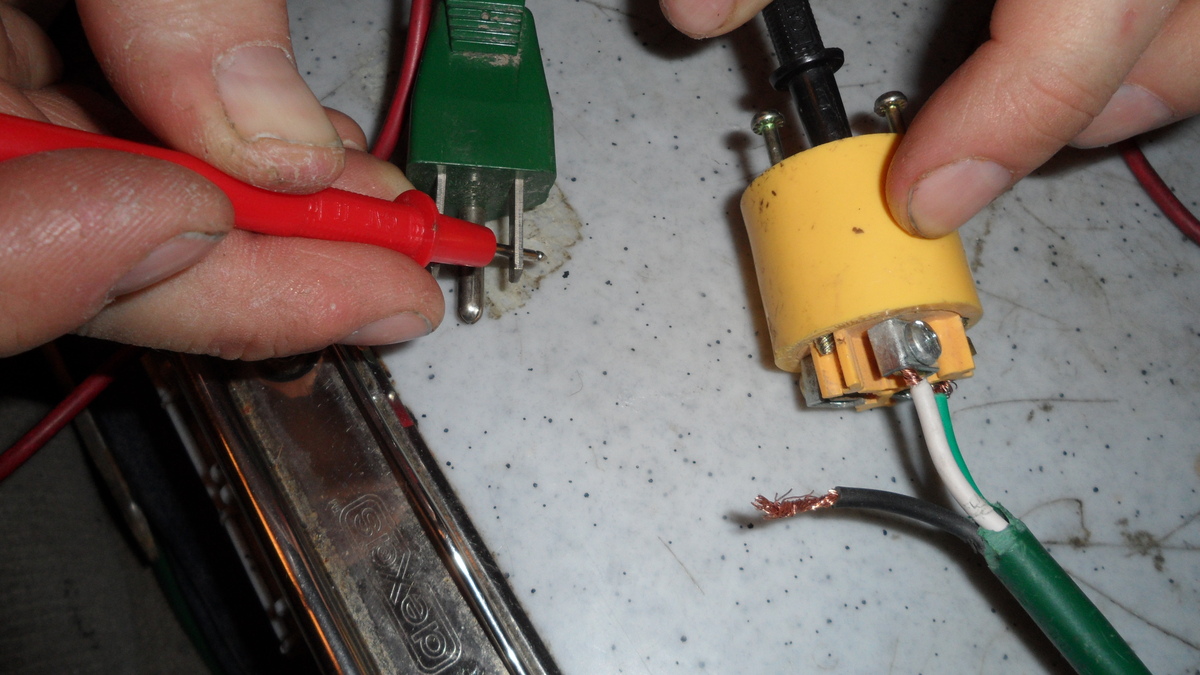
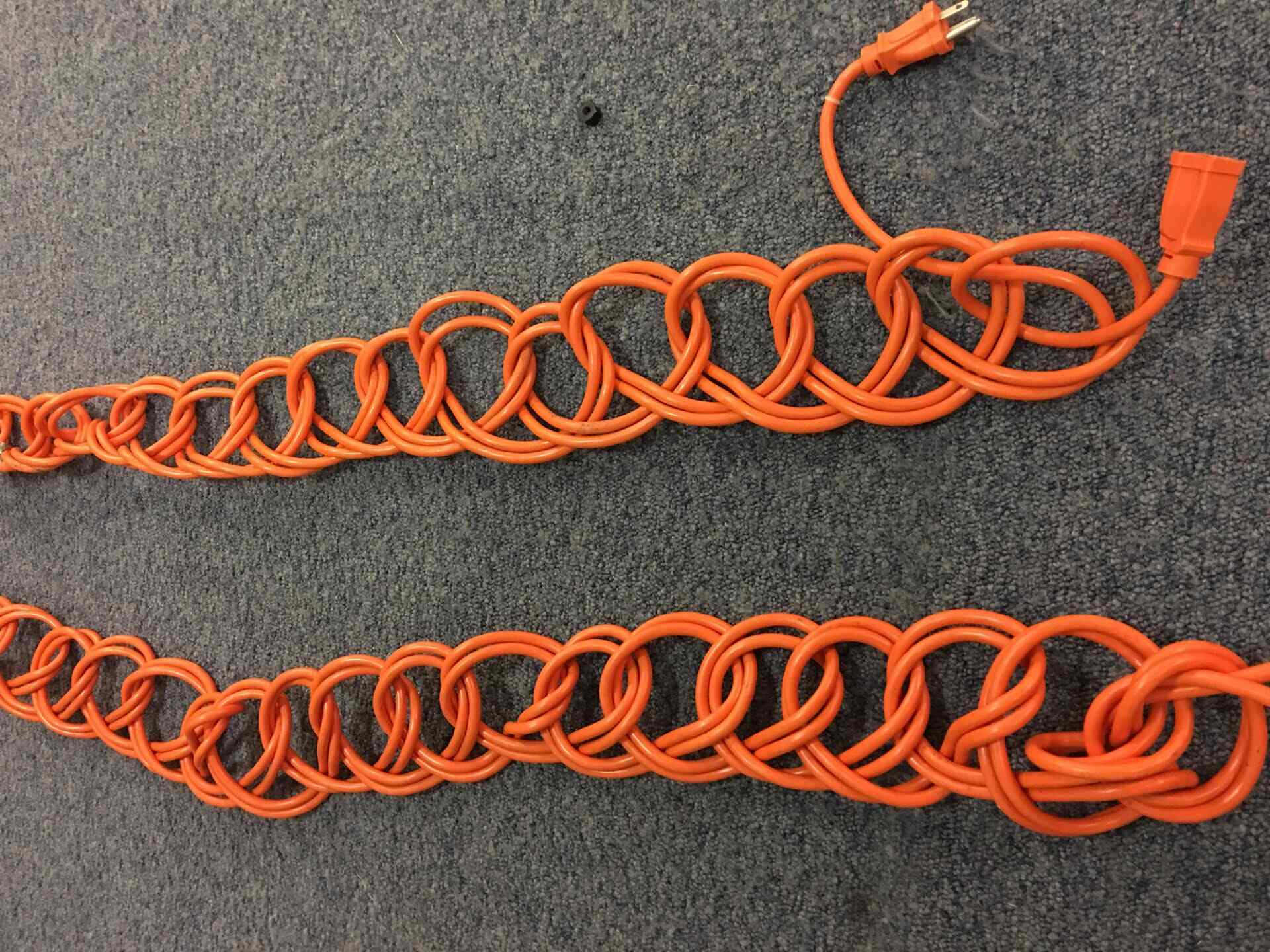
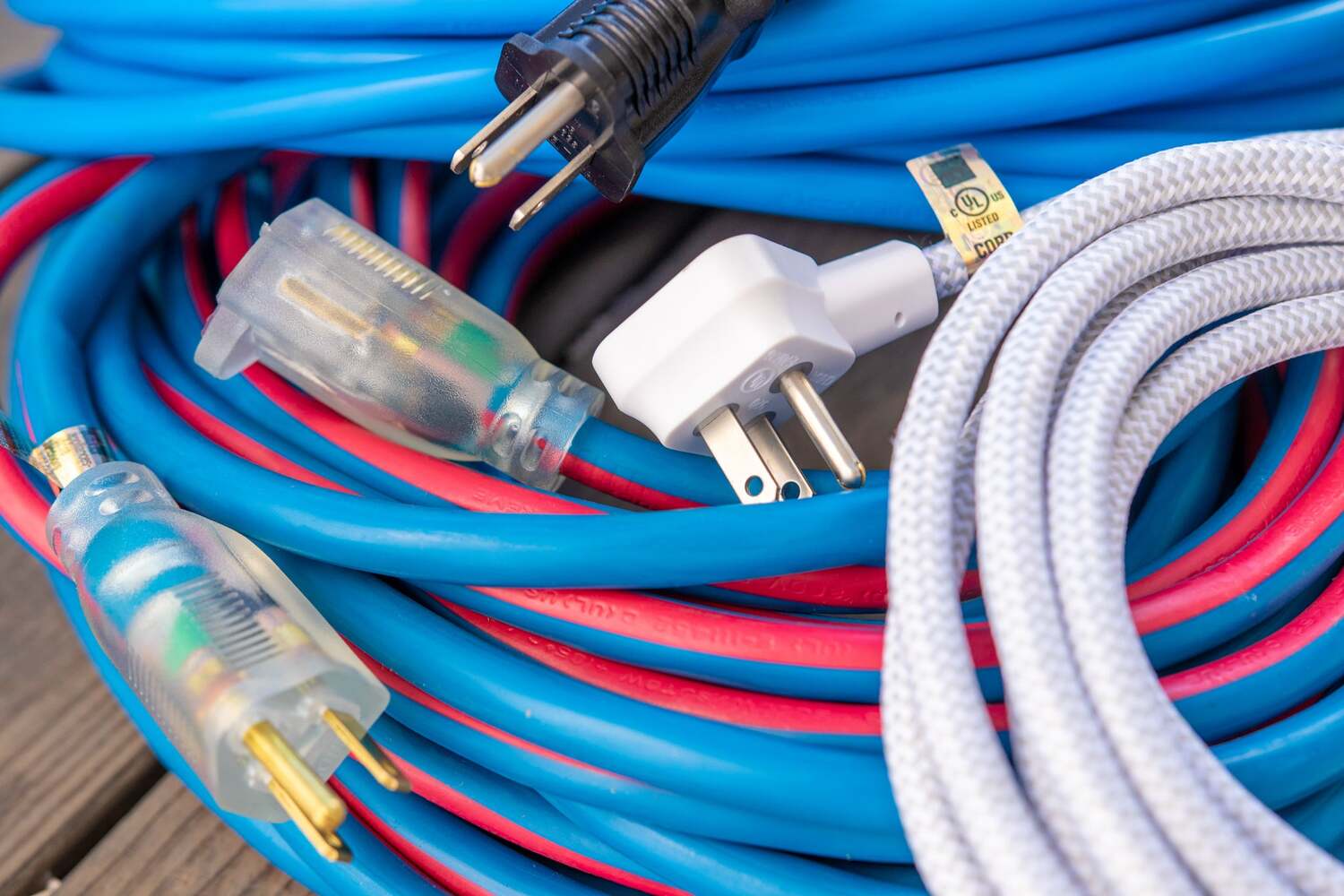
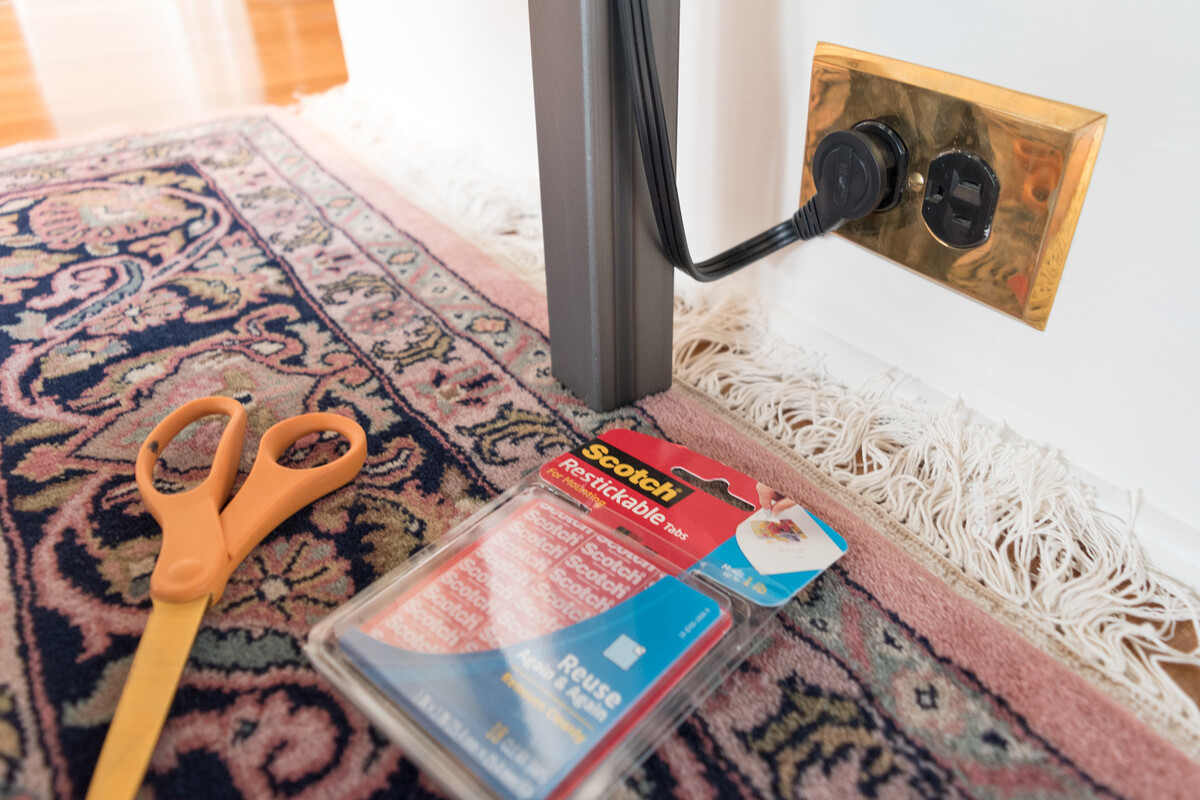
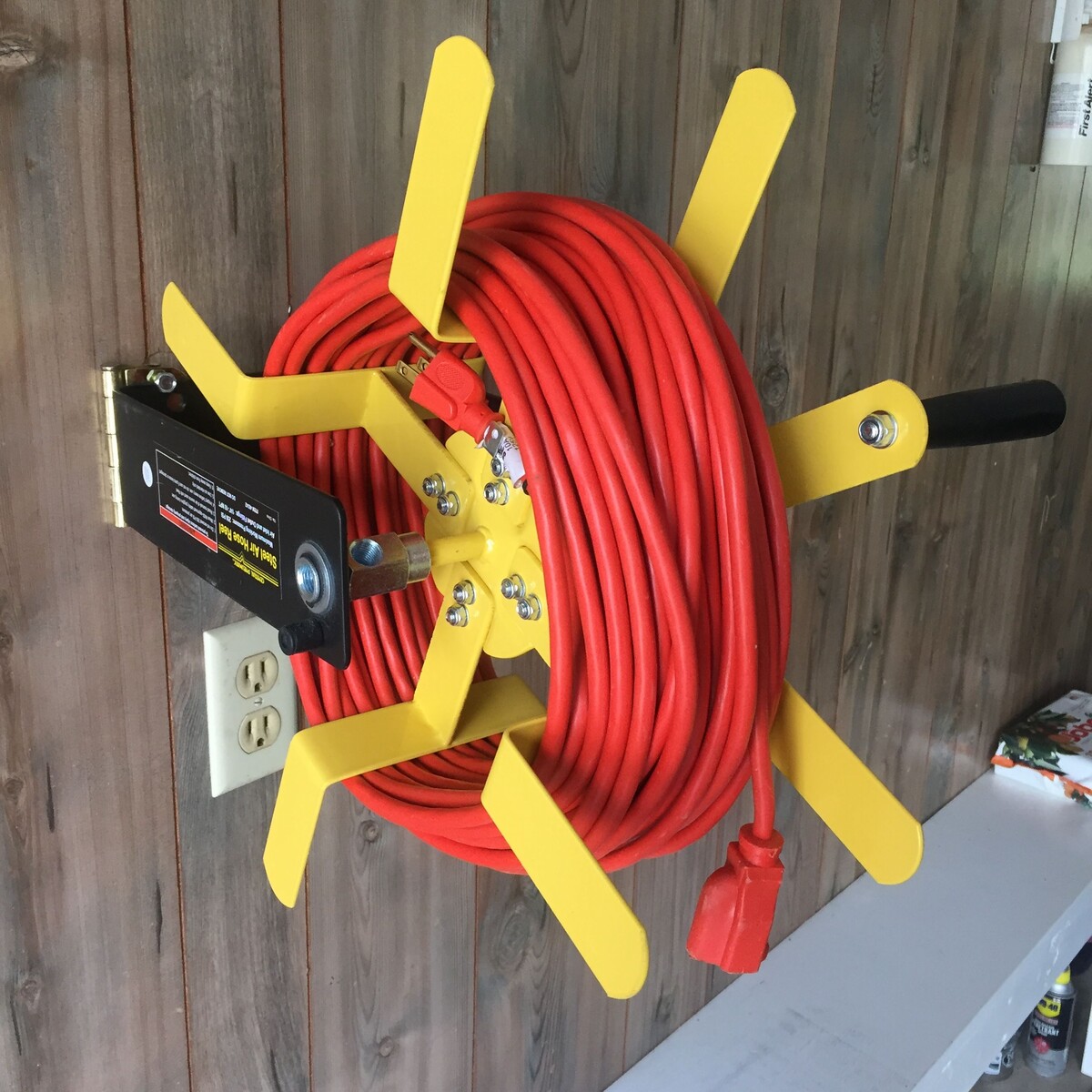
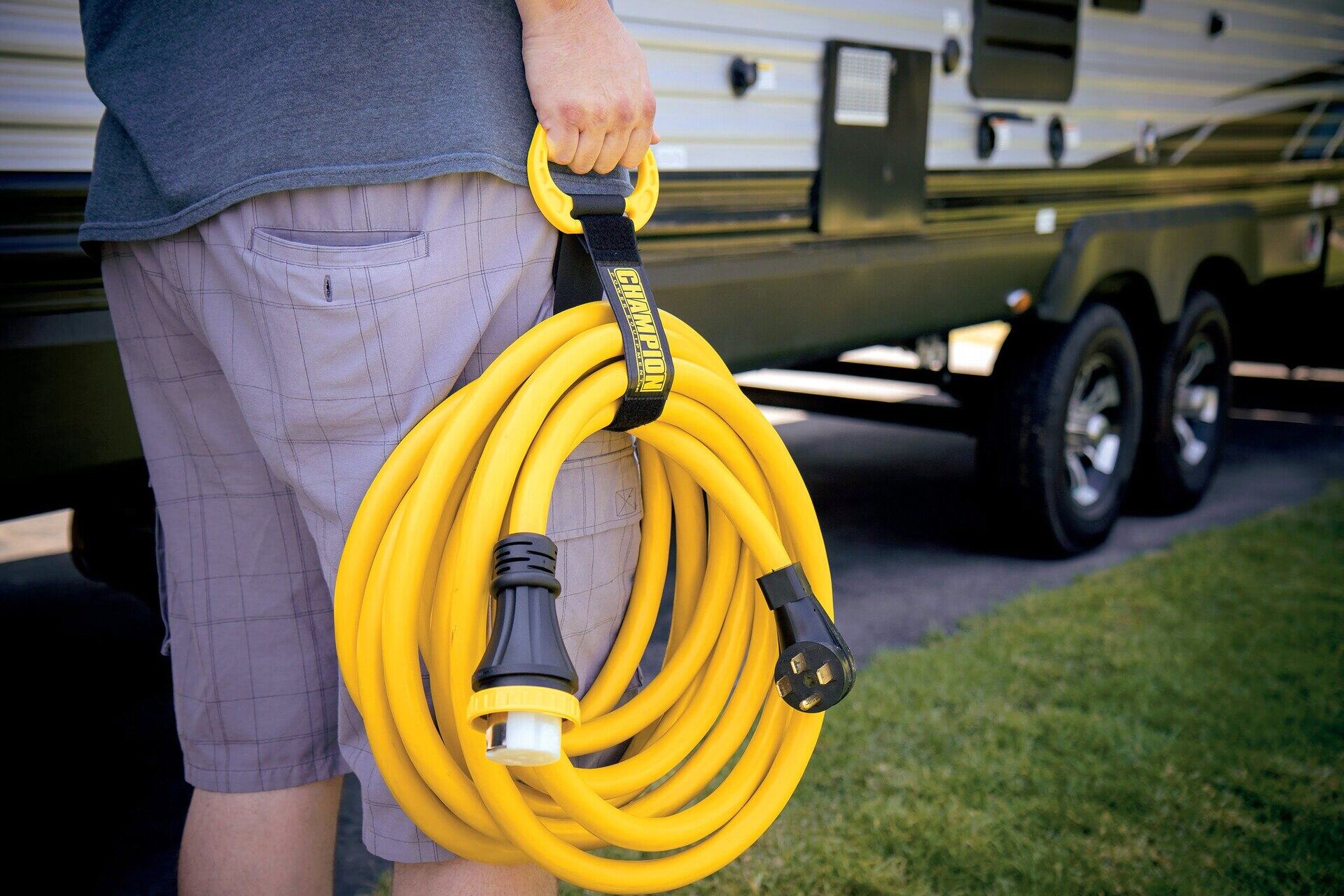
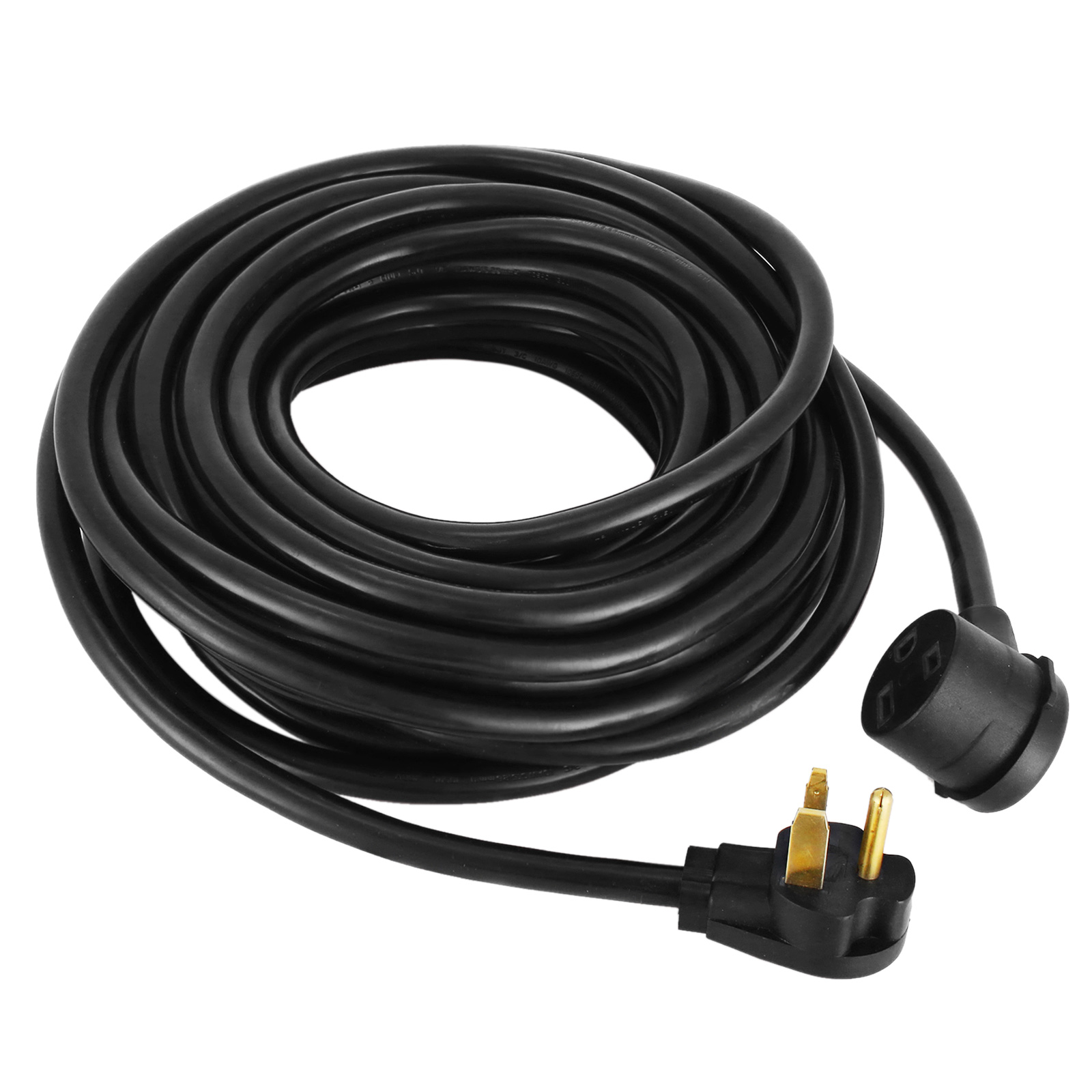
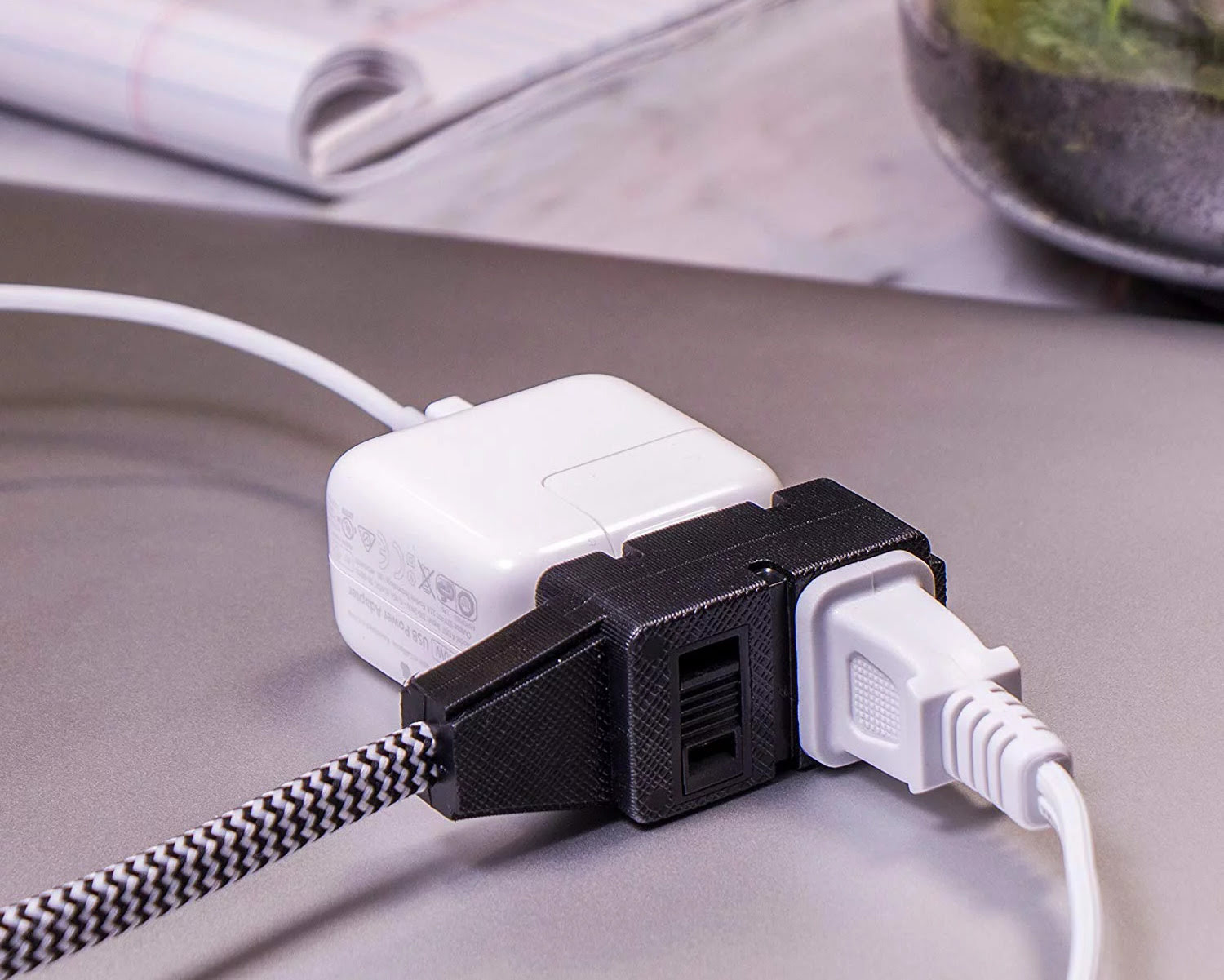

0 thoughts on “How To Store Extension Cords In Garage”